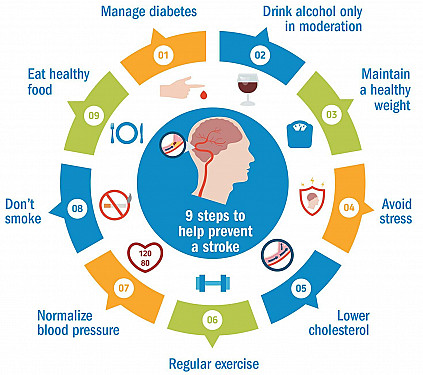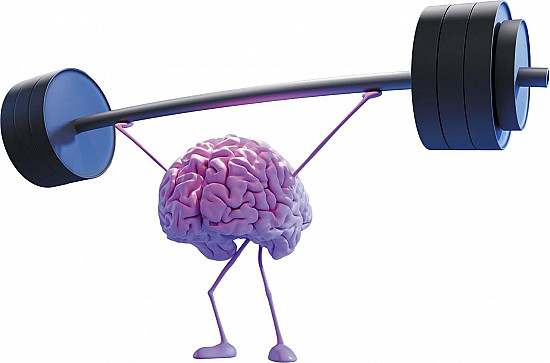Carotid ultrasound (carotid Doppler)
- Reviewed by Howard E. LeWine, MD, Chief Medical Editor, Harvard Health Publishing; Editorial Advisory Board Member, Harvard Health Publishing
What is the test?
Ultrasound uses sound waves instead of radiation to generate snapshots or moving pictures of structures inside the body. This imaging technique works in a manner similar to radar and sonar, developed in World War II to detect airplanes, missiles, and submarines that were otherwise invisible.
After coating a small area of your skin with a lubricant to reduce friction, a radiologist or ultrasound technician places an ultrasound transducer, which looks like a microphone, on your skin and may rub it back and forth to get the right view. The transducer sends sound waves into your body and picks up the echoes of the sound waves as they bounce off internal organs and tissue. A computer transforms these echoes into an image that is displayed on a monitor.
Doppler ultrasound is a variation of this technique that not only shows internal structures but also examines the flow of blood through blood vessels. Using the Doppler effect—the change in the frequency of sound or light waves as they bounce off a moving object—this kind of ultrasound produces an image of blood in motion.
A carotid ultrasound shows the amount of blood flow in the carotid arteries, the major blood vessels to the brain located on either side of your neck. With this imaging technique, your doctor can see if there is any narrowing of your carotid arteries because of cholesterol deposits or some other problem. This test is often used to evaluate people who have had a stroke or who might be at high risk for one because of reduced blood flow in the carotid arteries.
How do I prepare for the test?
No preparation is necessary.
What happens when the test is performed?
After squirting some clear jelly onto one side of your neck to help the ultrasound sensor slide around easily, a technician places the sensor against your skin. An image then appears on a video screen. As the technician moves the sensor back and forth on your neck, different views of the carotid artery appear on the screen. As the equipment measures the blood flow through the artery, you hear a noise that sounds like your heartbeat. The other side of your neck is checked in the same way. This test usually takes 15 to 30 minutes.
What risks are there from the test?
There are no risks.
Must I do anything special after the test is over?
No.
How long is it before the result of the test is known?
The technician records the test on videotape for review by a radiologist. The radiologist then makes measurements from the video picture and submits a report to your doctor. Your doctor should have the results within a few days.
About the Reviewer

Howard E. LeWine, MD, Chief Medical Editor, Harvard Health Publishing; Editorial Advisory Board Member, Harvard Health Publishing
Disclaimer:
As a service to our readers, Harvard Health Publishing provides access to our library of archived content. Please note the date of last review or update on all articles.
No content on this site, regardless of date, should ever be used as a substitute for direct medical advice from your doctor or other qualified clinician.















